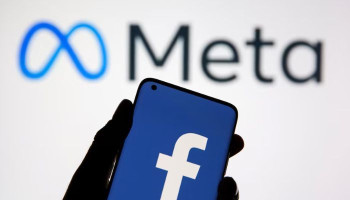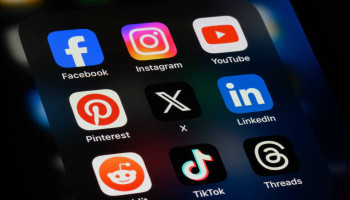
Apple has confirmed an upgrade to WeChat for the forthcoming iPhone 16, informing a potential relationship between the Cupertino-based tech giant and Tencent, the Chinese company behind the highly popular messaging app.
According to Bloomberg, the development comes as Tencent and Apple continue negotiations over revenue-sharing agreements for WeChat’s mini-games ecosystem.
Tencent's Chief Strategy Officer (CSO) James Mitchell revealed during an earnings call that the company is in discussion with Apple regarding a revenue-sharing deal. The negotiations centre around letting Tencent accept payments in WeChat mini-games through Apple's payment system, potentially resolving a long-standing contention.
WeChat serves as a ubiquitous platform for different services, involving bill payments and ticket bookings. While many of these transactions are exempt from Apple's fees, in-app content and online entertainment, such as mini-games, remain subject to Apple's App Store policies.
Read more: Apple Music to introduce THESE new features in iOS 18
The rise of mini-games within WeChat has led to developers searching for ways to monetise their creations by selling in-game items. Some have resorted to "steering" practices, helping players to make payments outside of Apple's ecosystem to avoid fees and improve their profit margins. Apple has been pushing Tencent to close these loopholes, viewing them as violations of its App Store policies.
Moreover, Apple has warned ByteDance, the company behind TikTok, about in-app spending policies. However, these aggressive actions purportedly risk alienating content creators in a crucial market when Apple's business practices are under increased global scrutiny.
Unlike in the US, Apple retains a smaller market share in China, failing to make the top five in smartphone sales last quarter. Meanwhile, Chinese companies such as Tencent and ByteDance maintain major control over online content, including games and video platforms.















